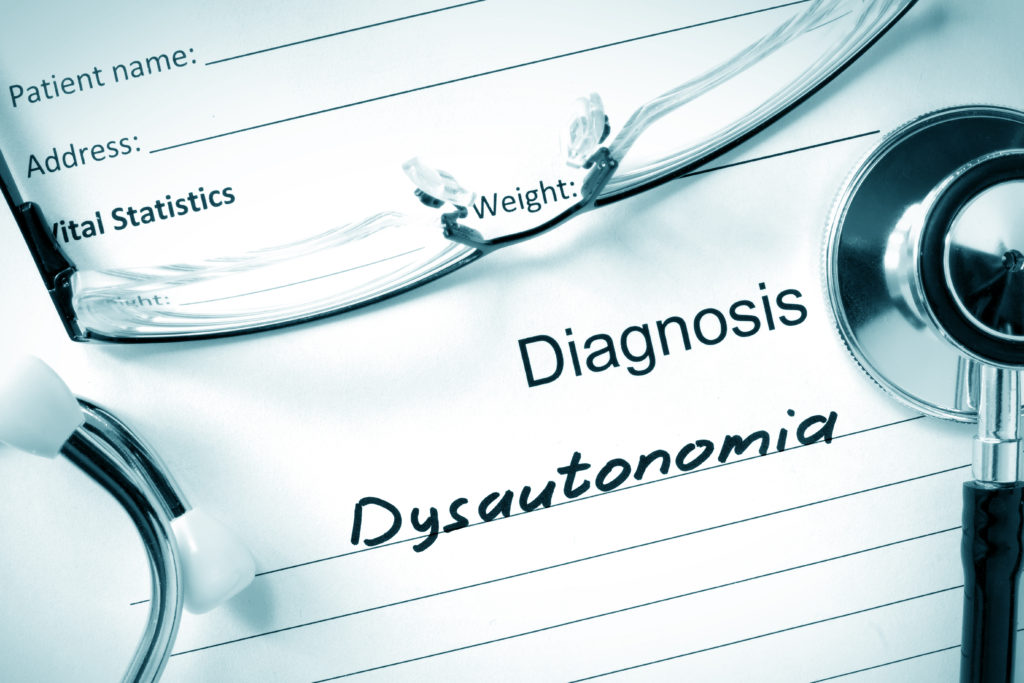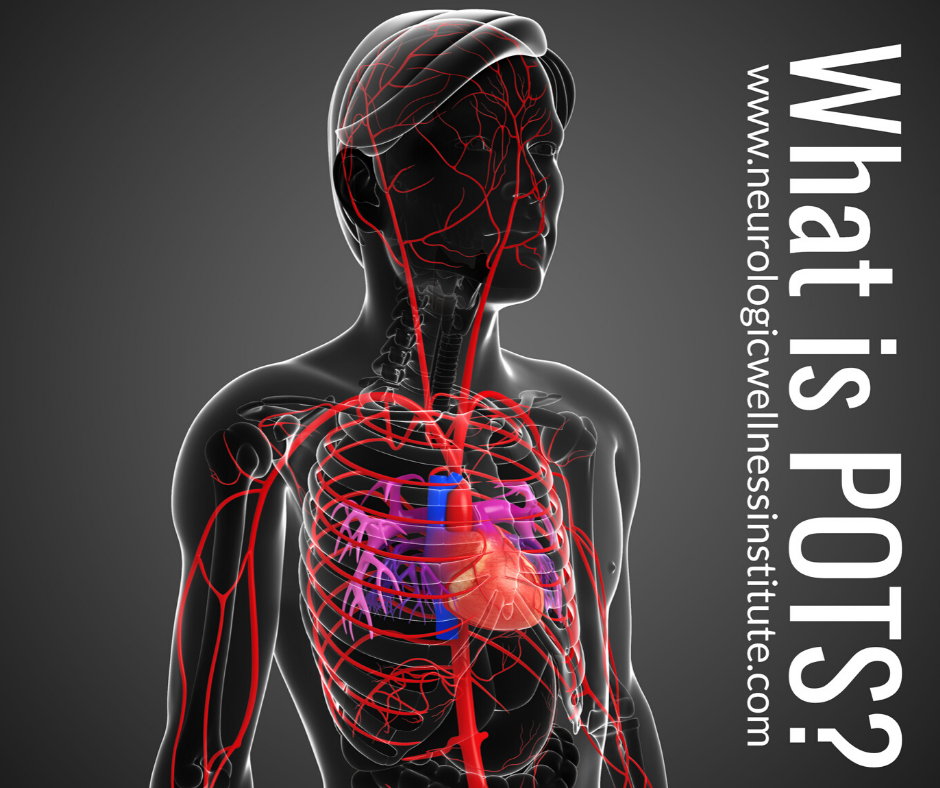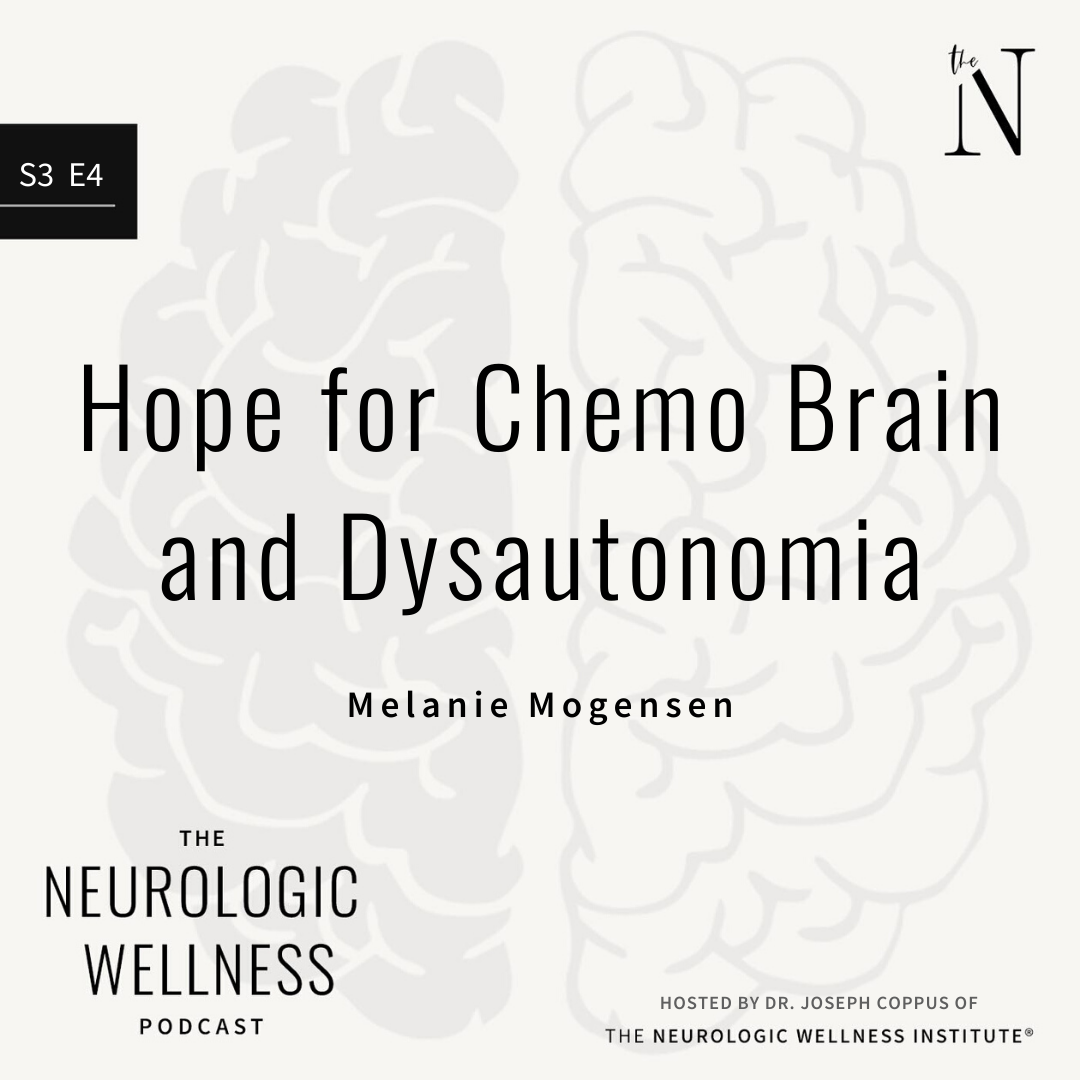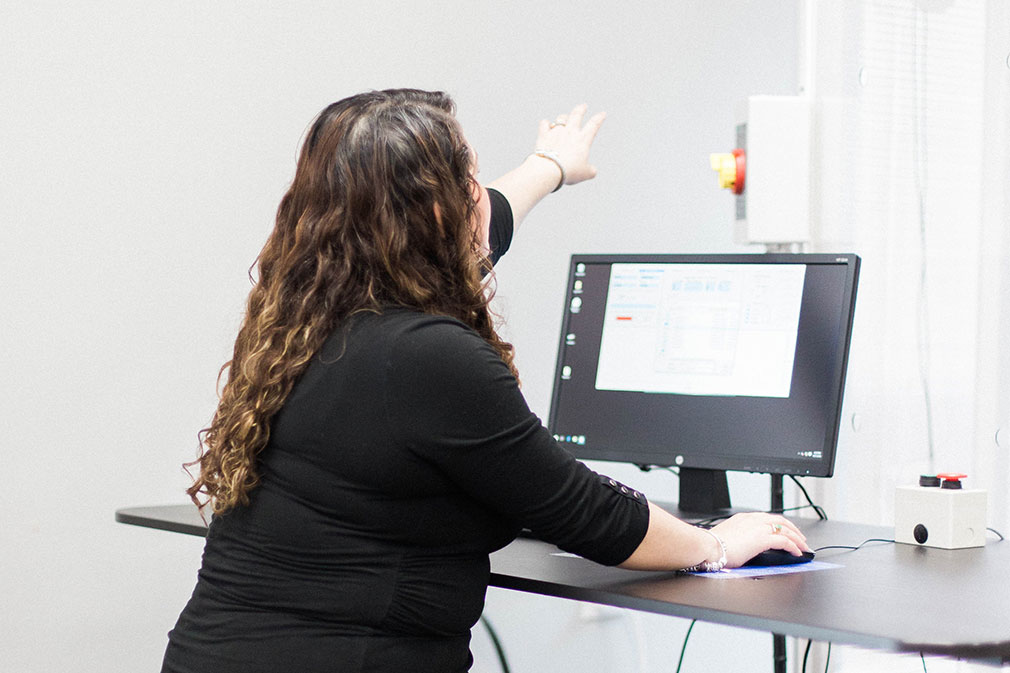
What is Dysautonomia?
Dysautonomia is a problem with the autonomic nervous system. The autonomic nervous system has a lot to do with controlling “unconscious” bodily functions such as heart rate, digestion, breathing, and sweating. The autonomic nervous system has two opposing parts: the sympathetic system (fight or flight) and the parasympathetic system (rest and digest). A proper balance between these two systems is necessary to maintain health. For example, too much sympathetic nervous system activity can lead to increased blood pressure where too much parasympathetic activity can lead to a decrease in blood pressure.
What Goes Wrong?
People with dysautonomia have lost the appropriate balance between the two systems in the autonomic nervous system. There are many possible causes and dysautonomia including infections, head trauma, toxins, extremely emotional and/or physical stressors, medications and/or vaccinations, and genetics. Despite the different triggers, the signs and symptoms may be identical. Many people with dysautonomia get diagnosed with chronic fatigue syndrome and/or fibromyalgia and therefore do not receive appropriate treatment.
What Are The Symptoms?
Many people have never heard of the term “dysautonomia” yet dysautonomia affects 70 million people worldwide. The symptoms of dysautonomia can be “invisible” to the untrained eye. Many people with dysautonomia look perfectly healthy but are disabled by fatigue, dizziness, digestive problems, stomach pain, anxiety, and headaches. Symptoms of dysautonomia can be severe enough to force patients to be home-bound. Symptoms also can be unpredictable and change in intensity as well as be exacerbated by emotional stressors and physical activity. Many times patients with dysautonomia have multiple symptoms and it is hard to clearly describe them all to their doctors.
For people suffering from symptoms that resemble dysautonomia, it is essential to see a clinician trained in proper diagnosis and management of dysautonomia. We understand the frustration that comes with the proper diagnosis of dysautonomia as the symptoms are very general.
Learn more about dysautonomia in our previous blog post, “What is Dysautonomia?“.
For more information on the type of conditions, our clinicians help with, schedule a consult with one of our patient care coordinators.




